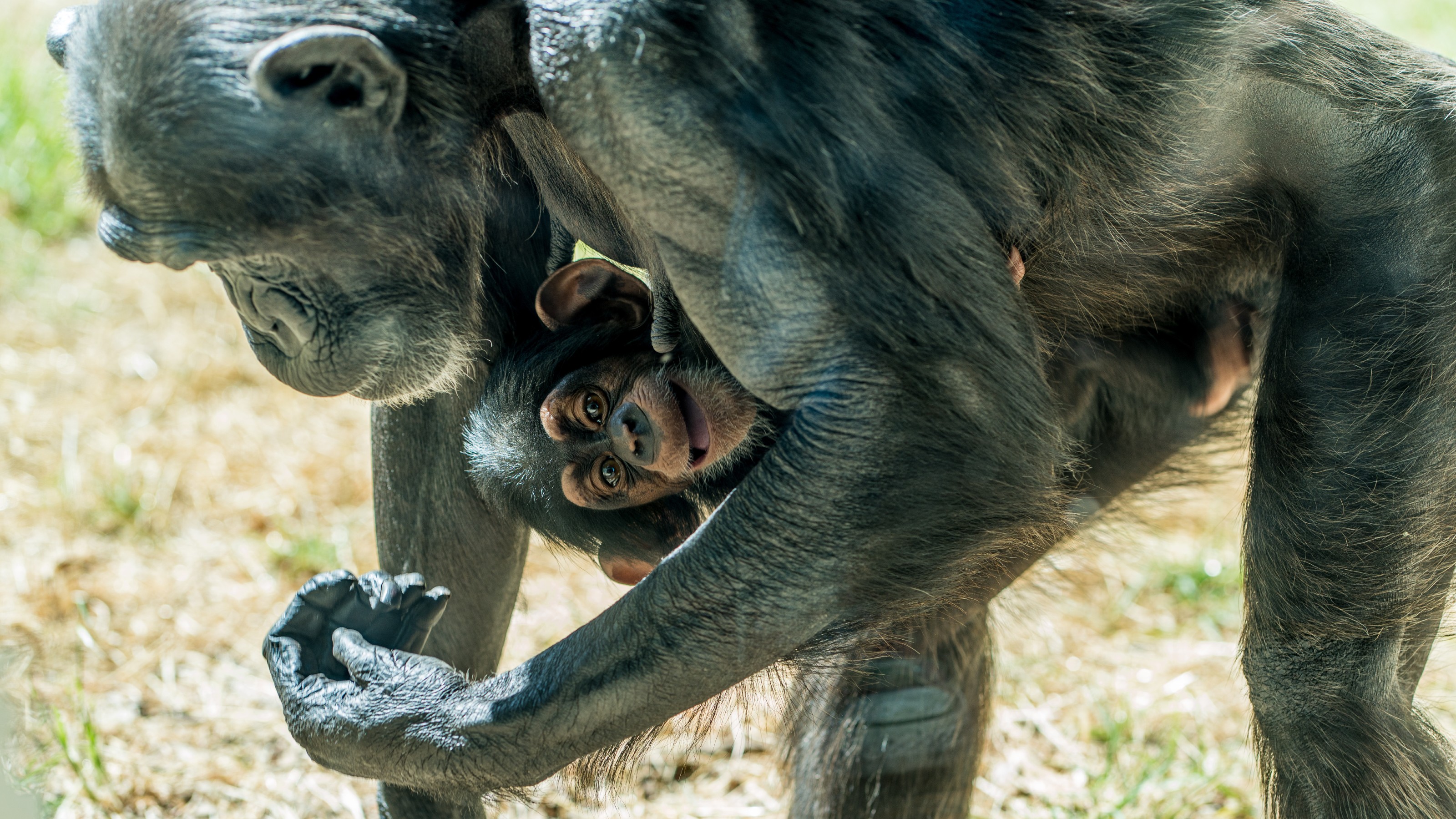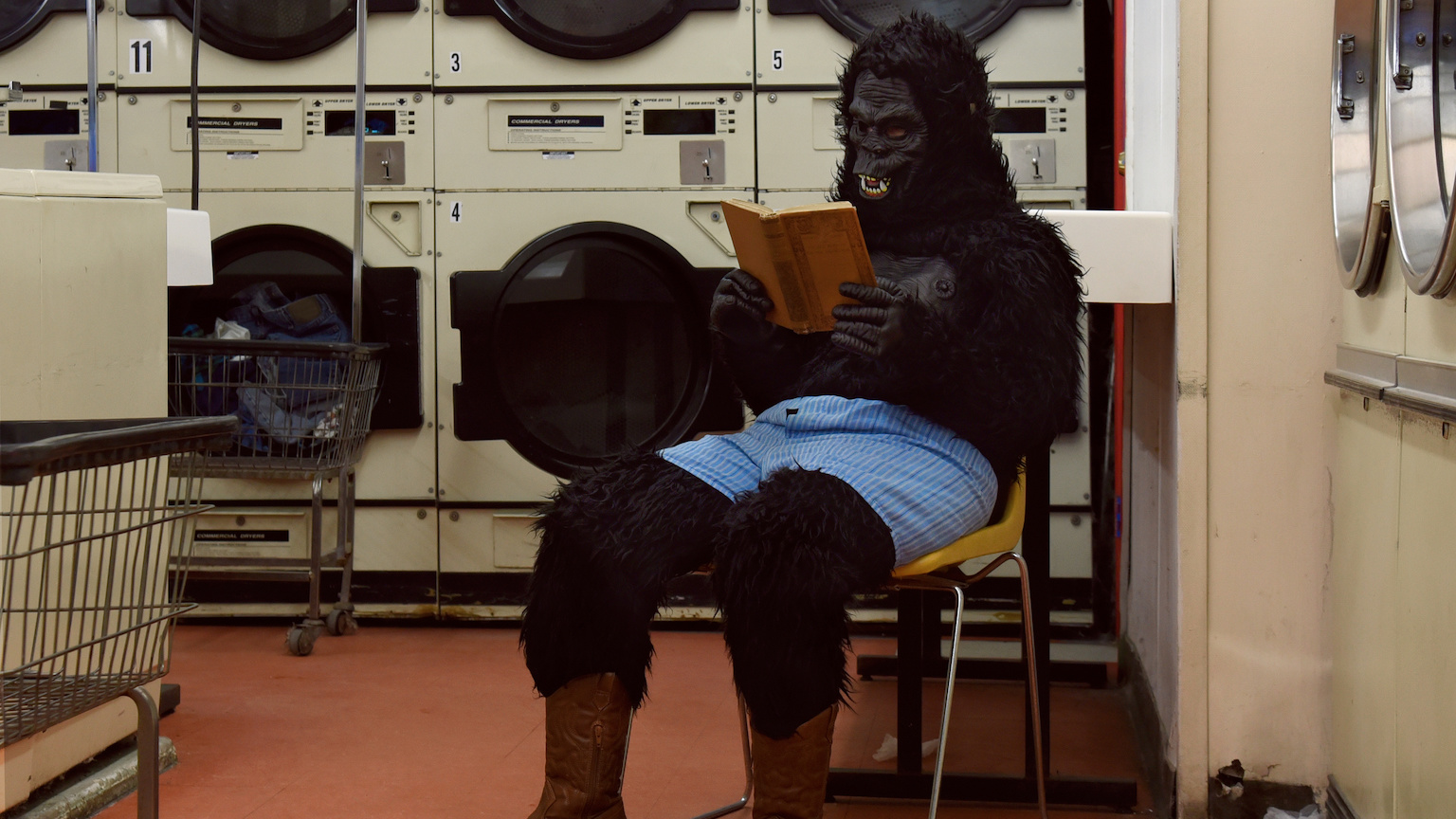Koko the Ape Learns to Speak Using Basic Vocal Controls

Koko has learned some vocal and breathing behavior, similar to what’s found in human speech, according to researchers who wrote about the recent development in the journal Animal Cognition.
After reviewing 71 hours of video footage of the gorilla, “which involve variable coordination of her breathing, larynx, and supralaryngeal articulators like the tongue and lips,” postdoctoral researcher Marcus Perlman at the University of Wisconsin-Madison and Nathaniel Clark at the University of California wrote that these actions weren’t random. “Each of these behaviors is performed in the context of particular manual action routines and gestures,” the researchers wrote.
Perlman explained what he saw in an interview with CSMonitor:
“She doesn’t produce a pretty, periodic sound when she performs these behaviors, like we do when we speak. But she can control her larynx enough to produce a controlled grunting sound.
“Koko bridges a gap. She shows the potential under the right environment conditions for apes to develop quite a bit of flexible control over their vocal tract. It’s not as fine as human control, but it is certainly control.”
This development brings up some interesting questions that challenge what it means to be human — a question few courts have tackled.
One was a few months ago, where an Argentine court ruled that Sandra, a 29-year-old Sumatran orangutan, had been illegitimately deprived of her basic human right to freedom. The court allowed her sanctuary, releasing her from captivity from the zoo in Buenos Aires where she’d been put on display. The court said that although she was not human, she displayed enough cognitive function to be considered a “non-human person” and granted her the same basic rights afforded to humans.
However, in a similar court battle in New York over a chimpanzee, the judge saw things quite differently. He ruled that “unlike human beings, chimpanzees cannot bear any legal duties, submit to societal responsibilities, or be held legally accountable for their actions. In our view, it is this incapability to bear any legal responsibilities and societal duties that renders it inappropriate to confer upon chimpanzees the legal rights — such as the fundamental right to liberty protected by the writ of habeas corpus — that have been afforded to human beings.”
But Koko’s development shows an ability for some higher-functioning primates to exceed expectations — to learn. While they may not be able to hold court or pay taxes, the insights from our close cousins have helped researchers understand how we may have evolved into the communicative species we are today — we are witnessing early human development.
Biologist E.O. Wilson might say that Koko and other primates are helping us understand what it means to be human.





